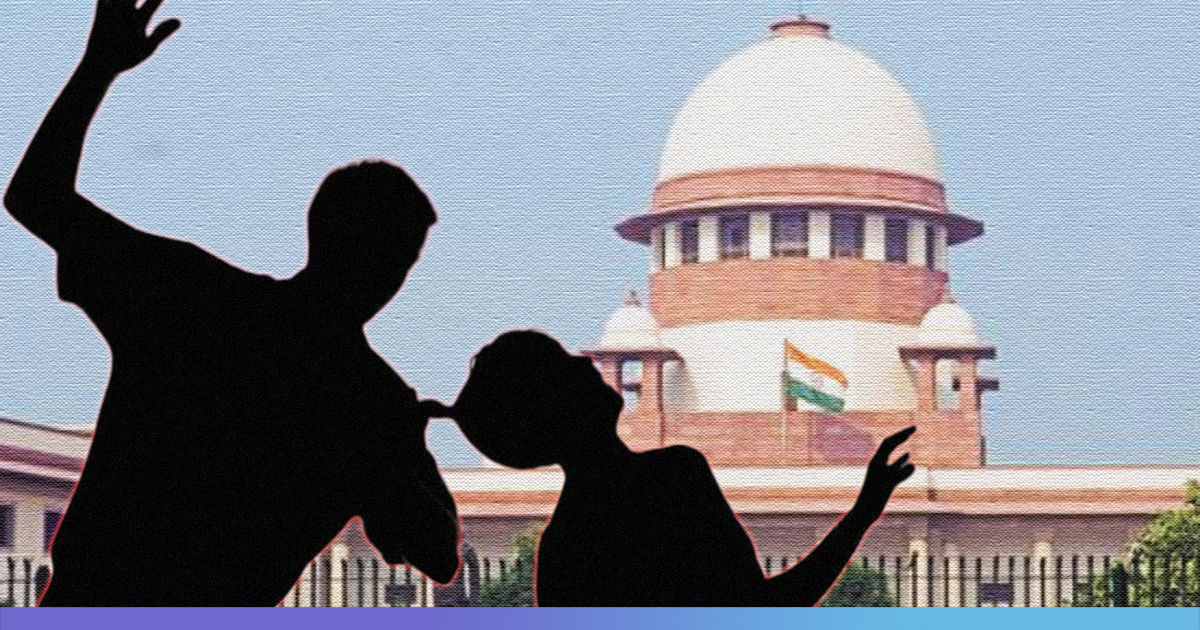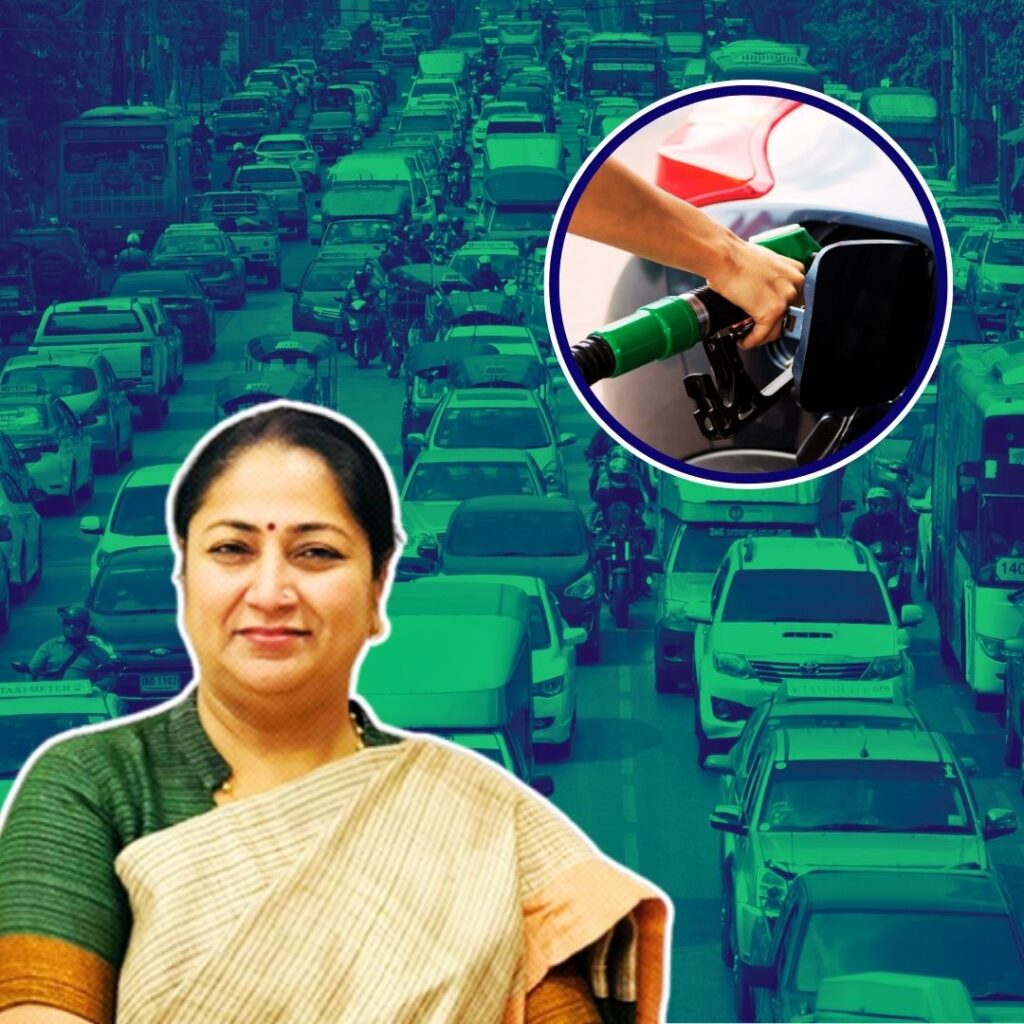The Supreme Court has ruled that under the domestic violence law, even a brother-in-law can be ordered to pay maintenance to a woman. A bench headed by Justice DY Chandrachud said that if an “adult male person” is in a domestic relationship with the aggrieved complainant, there is no immunity to him, reported Livelaw.
According to the top court, the Domestic Violence Act is worded in a way that includes each and every male member in a domestic relationship. The substantive part of Section 2(q) of the Act says that the word “respondent” which mean any adult male who has been or is in a domestic relationship with the complainant, and against whom relief has been sought.
Be it an aggrieved wife or a female living in a relationship in the nature of marriage, she may file a complaint against any relative of her husband.
Domestic relationship
According to Section 2(f), ‘domestic relationship’ refers to a relationship between two people who are living or have lived together at some point of time in the same household.
They must be related by consanguinity, marriage or through a relationship in the nature of marriage, adoption, or are members of a joint family, living together.
“All these definitions indicate the width and amplitude of the intent of Parliament in creating both an obligation and a remedy in the terms of the enactment,” News18 quoted the bench as saying while ordering a man to pay alimony to his brother’s wife and a child.
The appeal moved against an interim order of the Punjab and Haryana High Court was dismissed by the Apex Court. The appeal directed the brother-in-law to pay Rs 4,000 to the wife of his deceased brother, and Rs 2,000 to his niece as monthly maintenance.
The bench was in favour of the subordinate courts’ approach, which took into account that before the husband’s demise, the joint family used to live in Panipat, in an ancestral house. Before his demise, the deceased and his brother ran a grocery store together, and the earnings were divided equally.
The brother-in-law, however, claimed that there was no lawful basis under the Act’s provisions to impose liability on the appellant, who is the deceased spouse’s brother.
But the Supreme Court cited Section 12 of the Act and said that the magistrate has the power to pass orders that are necessary to assist an aggrieved woman. In this case, the Apex Court said, averments made by the complainant were sufficient to order the brother-in-law to provide the monthly maintenance.
Also Read: Rape Accused Can Still Be Prosecuted Even If Survivor Turns Hostile: Supreme Court











